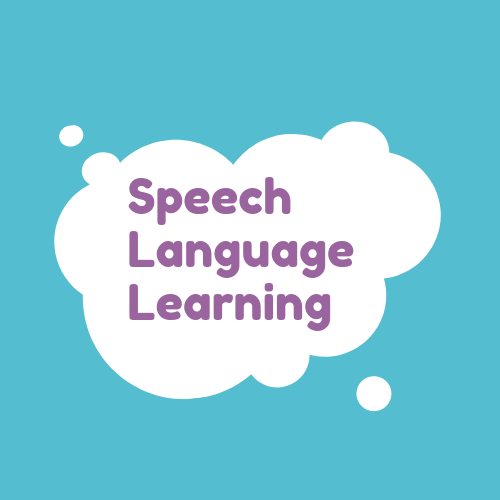6 Strategies for Supporting Language Development in Toddlers
Language development is a critical aspect of a child’s overall growth and development. It lays the foundation for effective communication, cognitive skills, and social interactions. Toddlers, aged between 1 to 3 years, are at a crucial stage of language acquisition. As they learn to express themselves verbally, it is essential to provide them with proper support and guidance. Here are six strategies for supporting language development in toddlers with the help of Speech-Language Pathology.
1. Engage in meaningful conversations: Encouraging conversations with your toddler is crucial for their language development. Talk to them about their day, ask open-ended questions, and actively listen to their responses. By engaging in meaningful conversations, you allow them to express their thoughts, expand their vocabulary, and develop their communication skills.
2. Read regularly: Reading to toddlers is a fantastic way to enhance their language and literacy skills. Choose age-appropriate books and involve your child in the storytelling process. Point out pictures, ask them questions about the story, and encourage them to retell it in their own words. Reading aloud helps them understand language patterns, expand their vocabulary, and develop a love for reading.
3. Encourage pretend play: Pretend play helps toddlers use their imagination and creativity while building their language skills. Provide them with props and encourage them to act out different scenarios. Through imaginative play, they learn to use words to express specific roles, create narratives, and interact with others, enhancing their language abilities.
4. Provide a language-rich environment: Creating a language-rich environment at home is fundamental for toddlers’ language development. Surround your child with words by labeling objects, singing songs, and playing rhyming games. Speech-language pathologists can guide parents in implementing specific language-stimulating activities tailored to their child.
5. Limit screen time: Excessive screen time can hinder language and communication development in toddlers. Therefore, it is crucial to set limits and promote activities that encourage direct interaction and communication. Engage in activities where your child can manipulate objects, engage in social interactions, and practice expressive language skills.
6. Seek professional support: If your toddler is experiencing delays in language development, seeking support from a speech-language pathologist can be highly beneficial. These professionals specialize in evaluating and treating communication disorders in children. They can assess your child’s needs, provide tailored intervention techniques, and work closely with parents to support language development effectively.
Speech-language pathology plays a vital role in helping toddlers overcome speech and language difficulties. By implementing the strategies mentioned above and seeking professional guidance, parents can genuinely support their child’s language development. Remember, each child develops at their own pace, but consistent support and stimulation will optimize their language potential and set them on a path towards effective communication skills in the future.
************
Want to get more details?
Speech Language Learning, PLLC
https://www.speechlanguagelearning.net/
(802) 551-1230
1103 Cortelyou Road, Brooklyn, NY 11218

